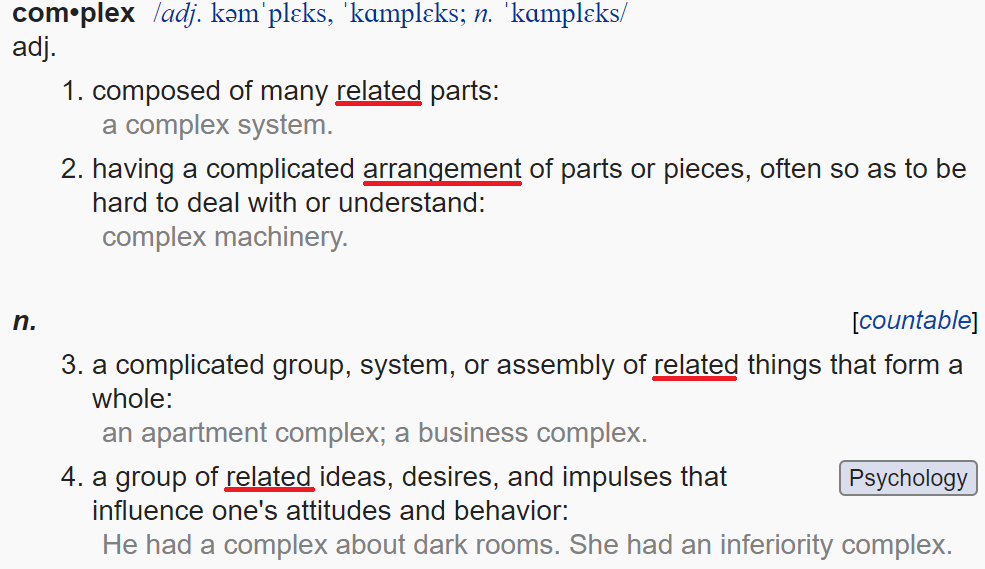Reply to Kiva.
Pretty short and quick, since I feel lazy and tired today:
Such limits should be close to what's even humanly possible, but never much below them (in turn based combat systems it's not execution, but reasonable limits like the amount of variables to consider to make a decision, for example).
2 combat systems that achieve this and have very different objectives are Ninja Gaiden 3 RE and DMC4.
It proves that isolated variables alone, like only enemies' design and AI, only the complexity of the move-set, only execution, etc., alone won't make a combat system great per se. They must be logically designed regarding the objective of the system.
If the objective of DMC4 was to develop fine reactive habits to deal with aggressive enemy harassment, it would be a poor combat system. However, being the objective expression and a refined use of the many options your character has, it's the most complex combat system of all Action Games (DMC5's system is technically more complex, but poorly executed and obviously indirectly simplified in concrete aspects).
By far.
Because DMC4 doesn't offer a system where you can simply execute moves in different order and call it a combo. The sequence has to make sense. The system doesn't allow any connection and refined knowledge (including hitboxes, how gravity and inertia work, etc.) and execution are necessary to play at decent or high level.
And additionally, even if the AI is much less aggressive, a DMD frost and other enemies won't really let you isolate them safely in the air, let alone combined with other enemies. While the focus is on expression and creativity with a demanding execution, there is still a considerable adaptive/reactive component. Not just proactive comboing.
Same could be said for NG. As an action game focused on expression it would be poor and utterly simple. As action game focused on survivor, it's one of the best. Even though the limits and complexity of the system in this regard are inferior, even keeping in mind the different objectives.
Same could be said for NG. As an action game focused on expression it would be poor and utterly simple. As action game focused on survivor, it's one of the best. Even though the limits and complexity of the system in this regard are inferior, even keeping in mind the different objectives.
An example of a game that is close to achieve it too, but it doesn't, is Nioh.
Nioh's complexity in terms of move-set, stances, active skills, parries, etc., is decent, however, the system doesn't leave much room for creativity, when there isn't really a concept of proper combo (or optimization in this regard) in them.
And even if you want to consider combos the combinations of moves when an enemy's ki is depleted, it doesn't matter much when the system doesn't make the concrete combination relevant (compared to DMC4).
But what about other objectives? The combat system doesn't work so greatly either... Many slow and simple enemies, exploits/imbalance like certain combinations of item properties, magic, etc. (RPG aspects of the game don't really make it more complex as action game, and it isn't a complex RPG in terms of builds either). Too generous cancels (I mean defensively) and i-frames...
In this regard, in theory ki management should increase the complexity, but while it technically does, it's not in a significant way because of the many workarounds. Let alone its anyway relative inherent simplicity (pressing one more button to recover, switching a stance or even merely dodging to optimize).
This is why I consider Ninja Gaiden 3 RE and DMC4SE great combat systems (even if both have other flaws), but Nioh merely decent.
Nioh's complexity in terms of move-set, stances, active skills, parries, etc., is decent, however, the system doesn't leave much room for creativity, when there isn't really a concept of proper combo (or optimization in this regard) in them.
And even if you want to consider combos the combinations of moves when an enemy's ki is depleted, it doesn't matter much when the system doesn't make the concrete combination relevant (compared to DMC4).
But what about other objectives? The combat system doesn't work so greatly either... Many slow and simple enemies, exploits/imbalance like certain combinations of item properties, magic, etc. (RPG aspects of the game don't really make it more complex as action game, and it isn't a complex RPG in terms of builds either). Too generous cancels (I mean defensively) and i-frames...
In this regard, in theory ki management should increase the complexity, but while it technically does, it's not in a significant way because of the many workarounds. Let alone its anyway relative inherent simplicity (pressing one more button to recover, switching a stance or even merely dodging to optimize).
This is why I consider Ninja Gaiden 3 RE and DMC4SE great combat systems (even if both have other flaws), but Nioh merely decent.



Comentarios
Publicar un comentario